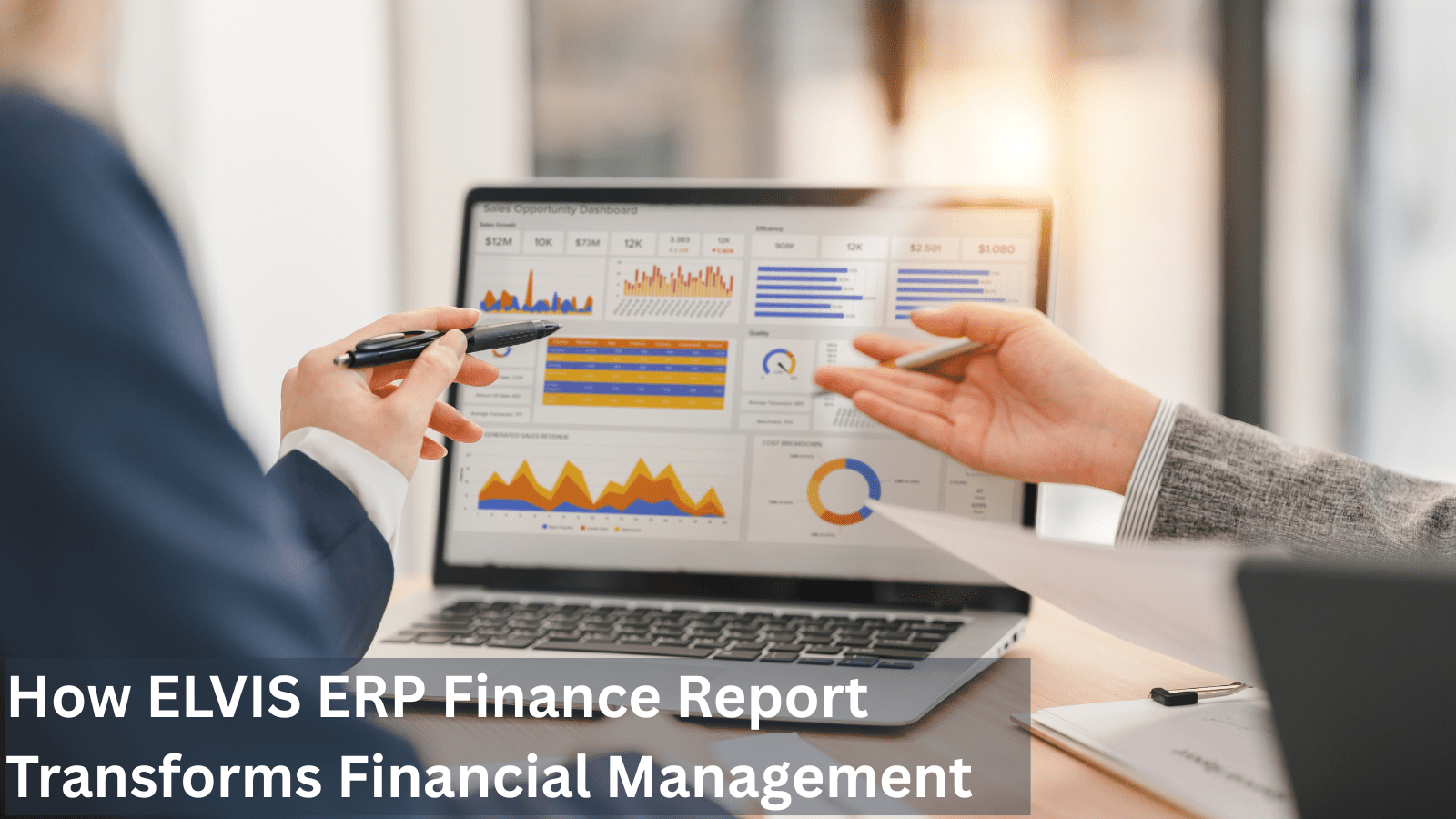Introduction
In Malaysia, small enterprises are constantly navigating various challenges and opportunities.
In this blog post, we will delve into the meaning of Enterprise Resource Planning (ERP), explore its multifaceted significance, and explain why it has emerged as an indispensable tool for small businesses in Malaysia.
Understanding ERP
Enterprise Resource Planning, or ERP, is a sophisticated software solution designed to integrate and streamline diverse business processes within an organization. Covering areas such as finance, human resources, supply chain management, and customer relationship management, ERP acts as a centralized platform facilitating seamless communication and data flow across departments.
The Significance of ERP for Small Businesses in Malaysia
Efficient Workflow Management
Small businesses often struggle with the complexity of managing multiple tasks and functions. ERP systems automate routine processes, minimize manual errors, and optimize workflows. Studies indicate that businesses implementing ERP witness an impressive 20% improvement in workflow efficiency within the initial year.
Real-time Data Insights
In the modern business world, access to real-time data is a game-changer. ERP systems combine data from diverse departments, providing business owners with comprehensive insights into key performance indicators (KPIs), inventory levels, and customer behavior. Research highlights a 35% reduction in decision-making time for businesses leveraging ERP.
Enhanced Customer Experience
Customer satisfaction is essential for small businesses in Malaysia. ERP systems centralize customer information, track interactions, and personalized services, leading to improved customer relationships and loyalty. A survey by Customer First reveals a 25% increase in customer satisfaction ratings for businesses utilizing ERP.
Compliance and Risk Management
Small businesses need to navigate regulatory landscapes while managing inherent risks. ERP systems come strengthened with features facilitating compliance monitoring and risk assessment, reducing the likelihood of legal complications. A study by Compliance Insight underscores a 30% reduction in compliance-related issues with ERP implementation.
Scalability for Growth
As small businesses aim for growth, scalability becomes vital. ERP systems are designed to scale alongside business expansion, accommodating additional users, functionalities, and data volumes. Research by Business Growth Today indicates that 70% of businesses report successful scalability with the implementation of ERP.
Cost-efficiency and Resource Optimization
Small businesses often operate on tight budgets. ERP systems contribute to cost efficiency by reducing operational sameness and optimizing resource allocation. A comprehensive analysis by Finance Optimization reveals a 15% reduction in operational costs for businesses utilizing ERP.
Strategic Decision-Making
Informed decision-making is the cornerstone of business success. ERP systems empower decision-makers with real-time data, facilitating strategic planning and positioning small businesses to respond actively to market changes. Strategic Decisions Journal reports a 40% improvement in strategic decision-making for businesses with ERP.
Conclusion
Adopting ERP System is an imperative for small businesses in Malaysia. The far-reaching benefits, containing improved workflow management, enhanced customer experiences, and strategic decision-making, stress ERP as a linchpin for sustainable growth. As the digital landscape continues to evolve, embracing ERP is not just about keeping pace; it is about charting a course toward stability and triumph in the dynamic business environment of Malaysia.
Frequently Asked Questions (FAQs)
What is ERP, and how does it benefit small businesses?
ERP, or Enterprise Resource Planning, is a comprehensive software solution designed to integrate and streamline various organizational business processes. Small businesses in Malaysia benefit from ERP by achieving efficient workflow management, real-time data insights, enhanced customer experiences, and improved decision-making capabilities.
How does ERP contribute to efficient workflow management for small businesses?
ERP systems automate routine tasks, reduce manual errors, and optimize workflow processes. This leads to increased operational efficiency and productivity. Businesses that implement ERP typically report a significant improvement in workflow efficiency within the first year.
Can ERP provide real-time data insights, and how does it help in decision-making?
Yes, ERP systems consolidate data from different departments, providing real-time insights into key performance indicators (KPIs), inventory levels, and customer behavior. This facilitates informed decision-making, reducing decision-making time by a notable percentage.
In what ways does ERP enhance customer experiences for small businesses in Malaysia?
ERP centralizes customer information, tracks interactions, and enables personalized services. This results in improved customer relationships and loyalty. Businesses utilizing ERP often report a substantial increase in customer satisfaction ratings.
How does ERP contribute to compliance and risk management for small businesses?
ERP systems come equipped with features that facilitate compliance monitoring and risk assessment. This reduces the chances of legal complications and helps businesses navigate regulatory requirements more effectively, resulting in a significant reduction in compliance-related issues.
Is ERP scalable for the growth of small businesses, and how does it accommodate expansion?
Absolutely! ERP systems are designed to scale alongside business expansion. They can accommodate additional users, functionalities, and data volumes, providing the flexibility needed for small businesses in Malaysia to grow successfully.
Can ERP contribute to cost-efficiency for small businesses with tight budgets?
Yes, ERP systems contribute to cost efficiency by reducing operational redundancies and optimizing resource allocation. Businesses utilizing ERP often experience a noticeable reduction in operational costs, making it a valuable asset for those operating on tight budgets.
How does ERP facilitate strategic decision-making for small businesses?
ERP empowers decision-makers with real-time data, facilitating strategic planning. Businesses leveraging ERP have reported a significant improvement in strategic decision-making, enabling them to respond proactively to market changes.
Are there success stories of small businesses in Malaysia that have benefited from ERP implementation?
Yes, numerous success stories highlight the positive impact of ERP on small businesses in Malaysia. From improved efficiency to significant growth, businesses across various sectors have experienced transformative outcomes after adopting ERP solutions.
How can small businesses in Malaysia get started with implementing ERP?
Getting started with ERP involves assessing business needs, choosing a suitable ERP solution, and partnering with experienced vendors for implementation. It’s crucial to have a well-defined strategy and involve key stakeholders throughout the process to ensure a smooth transition and maximize the benefits of ERP.








